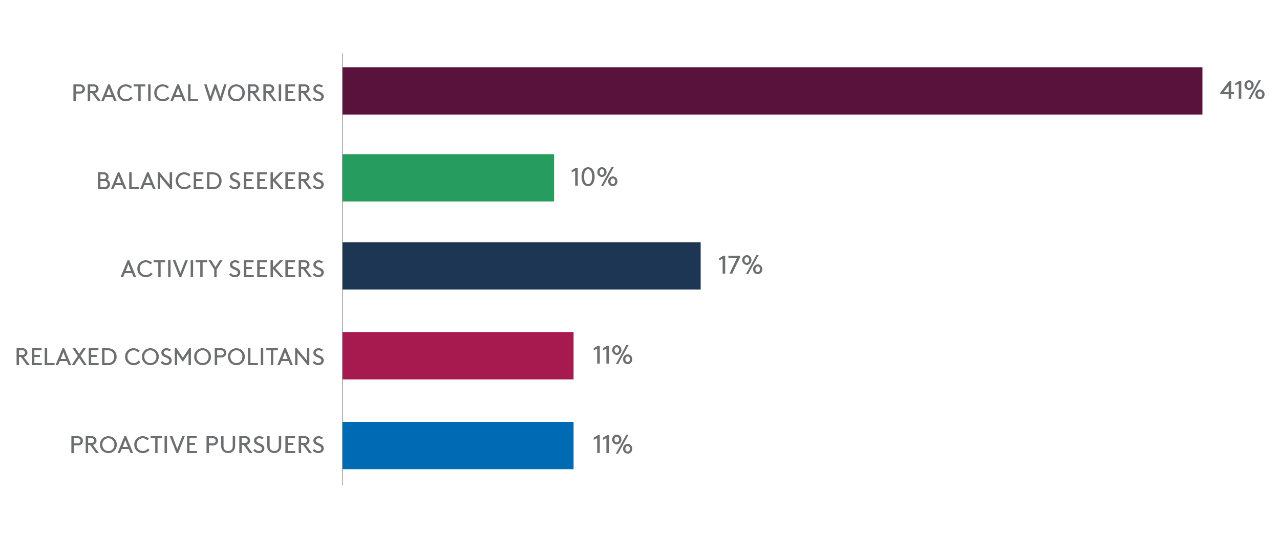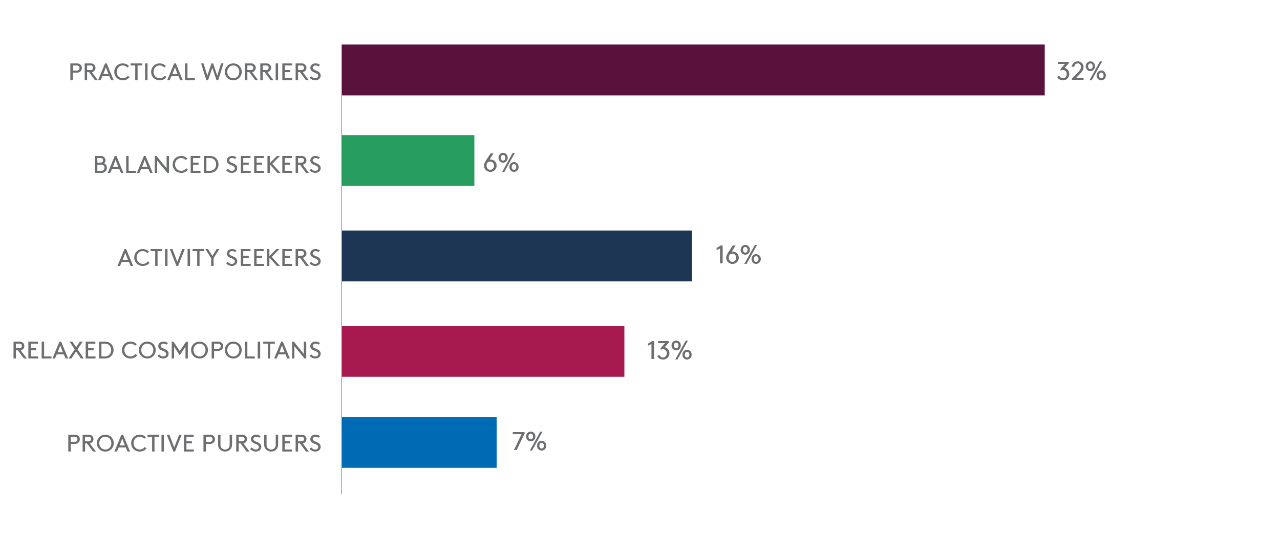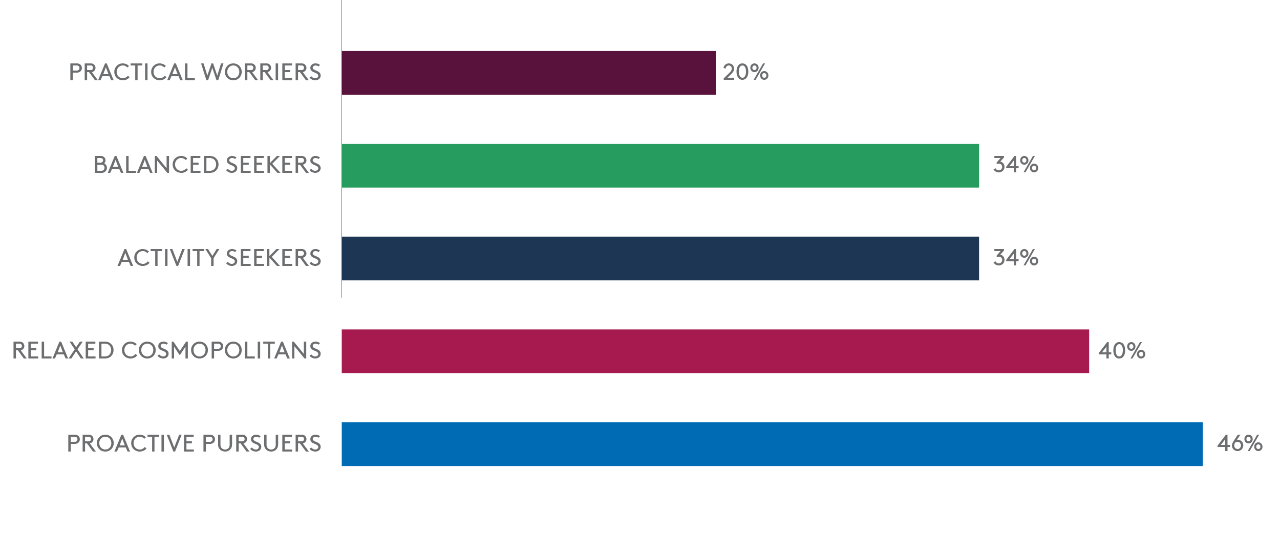In conclusion, as the consumer segment with the widest gap between their health concerns and their consumption of nutrition products, Practical Worriers present an exciting opportunity for brands to create products that help them gain more control of their health and wellbeing.
While Practical Worriers are not obsessed with making healthy changes, they are motivated to do so. It’s about meeting them where they are and earning their trust with simple, recognisable products that are scientifically proven to address their health concerns.
The final hurdle for this cost-conscious group is to price products lower than others on the market and showing the Practical Worriers how they can easily address their health concerns by incorporating these into their existing daily routines.






